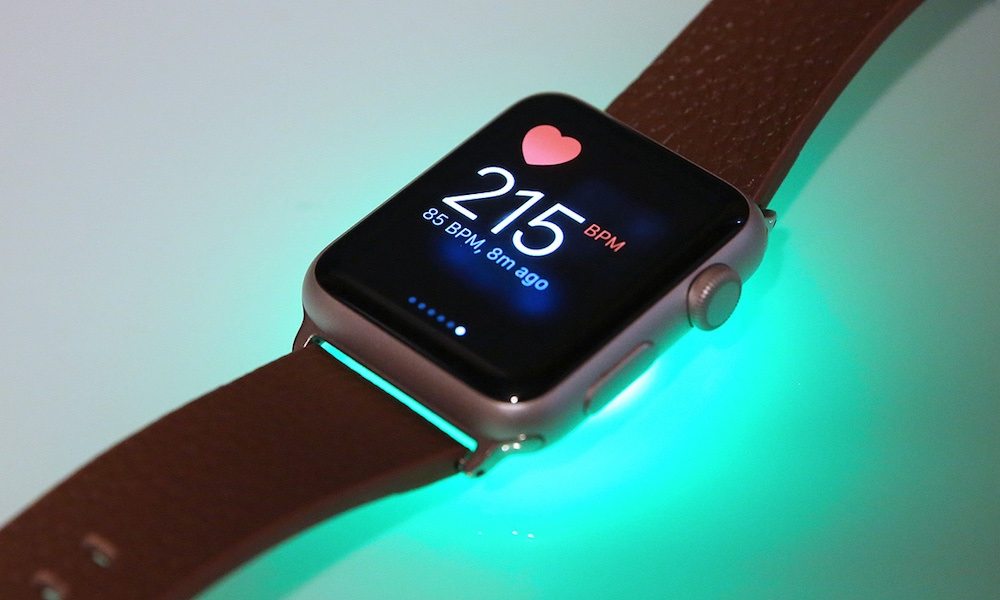Apple’s Being Sued over the Heart Rate Sensing Tech in Its Watch
 Credit: 9to5Mac
Credit: 9to5Mac
Toggle Dark Mode
A Michigan-based laser technology startup is suing Apple over technology included in the Apple Watch’s heart rate sensor.
The firm, Omni MedSci, alleges that the heart rate sensing systems in Apple’s flagship wearable infringes on its patents. Those patents, four in total, focus on optical technology that can be worn and used to measure certain physiological attributes. Specifically, the patents detail the system as a way to monitor a wearer’s blood via LED sensors.
Apple’s wearable heart rate sensors use a similar optical technology to monitor a user’s heart rate.
Those four patents credit Omni Founder and CTO Dr. Mohammed N. Islam as their inventor and Omni as their assignee. Two of those patents were granted to the firm in 2017, while the other two were granted this year.
According to the suit, Islam had met with Apple employees to discuss the four patent applications (which were yet to be granted) in June 2014, just a few months before the official launch of the first Apple Watch.
Islam also claims that one of those employees, Hardware Manager Michael Hillman, had invited him to another meeting in February 2015, less than two months before the Apple Watch became available to pre-order.
The suit finally notes that Apple broke off any discussions about a partnership. It goes on to allege that Apple willfully infringed on its patents by using technology based on Omni’s tech after those meetings were held.
In the wake of those meetings, Islam edited his pending patent applications to include more specific details about “wearable devices” and the use of LED light sources in monitoring technology. Notably, these changes to the patent’s language were not detailed in the lawsuit.
Of course, by the time of the first meeting, Apple had likely already finalized the heart rate technology in its flagship wearable. The timeline presented in the suits are pretty suspect, as is the lack of transparency about the subsequent changes to the patent language.
The suit was filed in the Eastern Texas District Court, which often sides with plaintiffs in patent infringement cases, on Friday.
Islam is seeking damages as well as a permanent injunction on products found using infringing technology.






